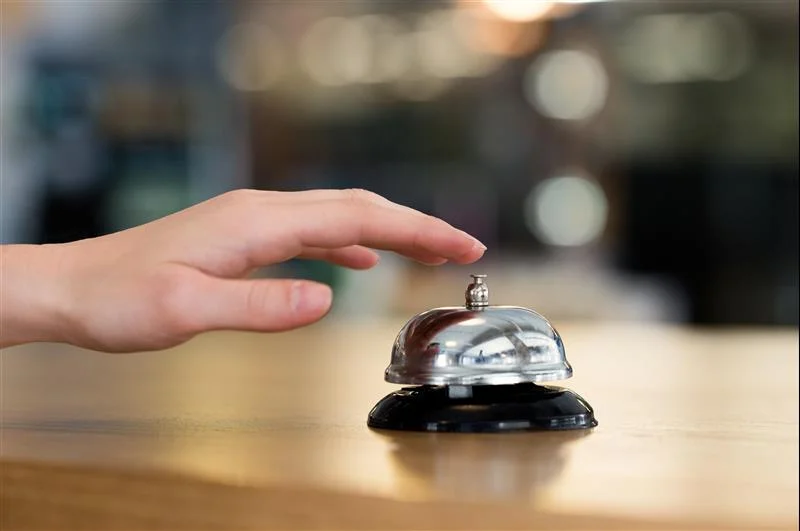It may seem trivial, but language matters, and the more we practice the better we are. Front Desk Agents tend to be low skilled, low wage and often seasonal positions. These entry-level roles often don't come prepared with years of customer service experience. It is important for you as the manager, to prepare your staff for success by detailing your expectations. Here are some suggestions to get you started but remember, your brand is your brand.
Over the years, I recall working for numerous different management companies. Some, don't have a standard for answering the phones, for example, not even requiring staff to state their name. While others were very particular. It will be up to you to pick and choose how you prefer your property and your brand to be represented. Be thoughtful and consider what the phrasing you select says about your brand in the public eye. Remember, how a staff member addresses a guest maybe the first or last impression that potential customer has with your organization. Put your best foot forward and don't assume that there is consistency among your associates.



